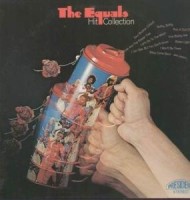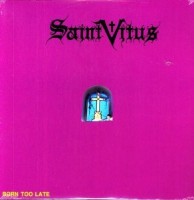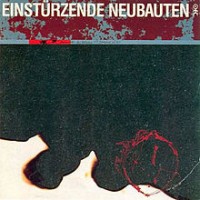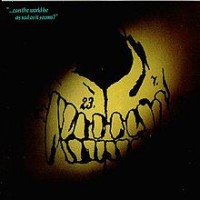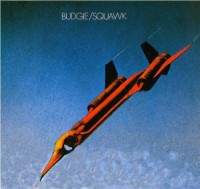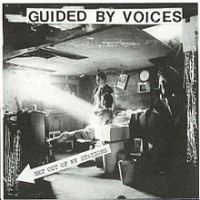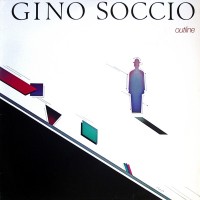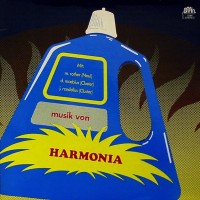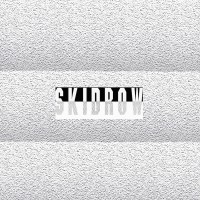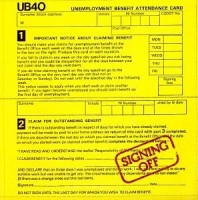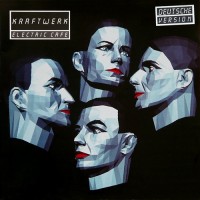Smaller, kompakt, personal. Non-stop techno-pop tunes on “Electric Cafe;” real earworms. Set apart from Eighties synthesizer music altogether, Kraftwerk are in a league of their own, as they typically are.
Industrial rhythms mentioned in early tracks are still prevalent, though more sterilized than “Trans-Europe Express” perhaps? Cleaner, deeper, still sparse. Minimum-Maximum. And non-stop. Techno-pop tunes on Electric Cafe; smaller, kompact, personal. Synthesizer music by Kraftwerk, typically real earworms.
Kraftwerk; smaller, kompact, personal. Minimum Maximum. “Electric Cafe;” industrial rhythms, perhaps cleaner, deeper and sparser than “Trans-Europe Express?” And non-stop! And non-stop!
Typically in a league of their own, Kraftwerk are smaller, kompact, personal on “Electric Cafe.” And non-stop techno-pop tunes are still prevalent; though more sterilized industrial rhythms are cleaner, deeper. And non-stop. Set apart from Eighties synthesizer music.
Smaller, kompakt, personal. Non-stop techno-pop tunes on “Electric Cafe;” real earworms. Set apart from Eighties synthesizer music altogether, Kraftwerk are in a league of their own, as they typically are.
Industrial rhythms mentioned in early tracks are still prevalent, though more sterilized than “Trans-Europe Express” perhaps? Cleaner, deeper, still sparse. Minimum-Maximum. And non-stop. Techno-pop tunes on Electric Cafe; smaller, kompact, personal. Synthesizer music by Kraftwerk, typically real earworms.
Kraftwerk; smaller, kompact, personal. Minimum Maximum. “Electric Cafe;” industrial rhythms, perhaps cleaner, deeper and sparser than “Trans-Europe Express?” And non-stop! And non-stop!
Typically in a league of their own, Kraftwerk are smaller, kompact, personal on “Electric Cafe.” And non-stop techno-pop tunes are still prevalent; though more sterilized industrial rhythms are cleaner, deeper. And non-stop. Set apart from Eighties synthesizer music.
Smaller, kompakt, personal. Non-stop techno-pop tunes on “Electric Cafe;” real earworms. Set apart from Eighties synthesizer music altogether, Kraftwerk are in a league of their own, as they typically are.
Industrial rhythms mentioned in early tracks are still prevalent, though more sterilized than “Trans-Europe Express” perhaps? Cleaner, deeper, still sparse. Minimum-Maximum. And non-stop. Techno-pop tunes on Electric Cafe; smaller, kompact, personal. Synthesizer music by Kraftwerk, typically real earworms.
Kraftwerk; smaller, kompact, personal. Minimum Maximum. “Electric Cafe;” industrial rhythms, perhaps cleaner, deeper and sparser than “Trans-Europe Express?” And non-stop! And non-stop!
Typically in a league of their own, Kraftwerk are smaller, kompact, personal on “Electric Cafe.” And non-stop techno-pop tunes are still prevalent; though more sterilized industrial rhythms are cleaner, deeper. And non-stop. Set apart from Eighties synthesizer music.
Smaller, kompakt, personal. Non-stop techno-pop tunes on “Electric Cafe;” real earworms. Set apart from Eighties synthesizer music altogether, Kraftwerk are in a league of their own, as they typically are.
Industrial rhythms mentioned in early tracks are still prevalent, though more sterilized than “Trans-Europe Express” perhaps? Cleaner, deeper, still sparse. Minimum-Maximum. And non-stop. Techno-pop tunes on Electric Cafe; smaller, kompact, personal. Synthesizer music by Kraftwerk, typically real earworms.
Kraftwerk; smaller, kompact, personal. Minimum Maximum. “Electric Cafe;” industrial rhythms, perhaps cleaner, deeper and sparser than “Trans-Europe Express?” And non-stop! And non-stop!
Typically in a league of their own, Kraftwerk are smaller, kompact, personal on “Electric Cafe.” And non-stop techno-pop tunes are still prevalent; though more sterilized industrial rhythms are cleaner, deeper. And non-stop. Set apart from Eighties synthesizer music.
Smaller, kompakt, personal. Non-stop techno-pop tunes on “Electric Cafe;” real earworms. Set apart from Eighties synthesizer music altogether, Kraftwerk are in a league of their own, as they typically are.
Industrial rhythms mentioned in early tracks are still prevalent, though more sterilized than “Trans-Europe Express” perhaps? Cleaner, deeper, still sparse. Minimum-Maximum. And non-stop. Techno-pop tunes on Electric Cafe; smaller, kompact, personal. Synthesizer music by Kraftwerk, typically real earworms.
Kraftwerk; smaller, kompact, personal. Minimum Maximum. “Electric Cafe;” industrial rhythms, perhaps cleaner, deeper and sparser than “Trans-Europe Express?” And non-stop! And non-stop!
Typically in a league of their own, Kraftwerk are smaller, kompact, personal on “Electric Cafe.” And non-stop techno-pop tunes are still prevalent; though more sterilized industrial rhythms are cleaner, deeper. And non-stop. Set apart from Eighties synthesizer music. -Wade
